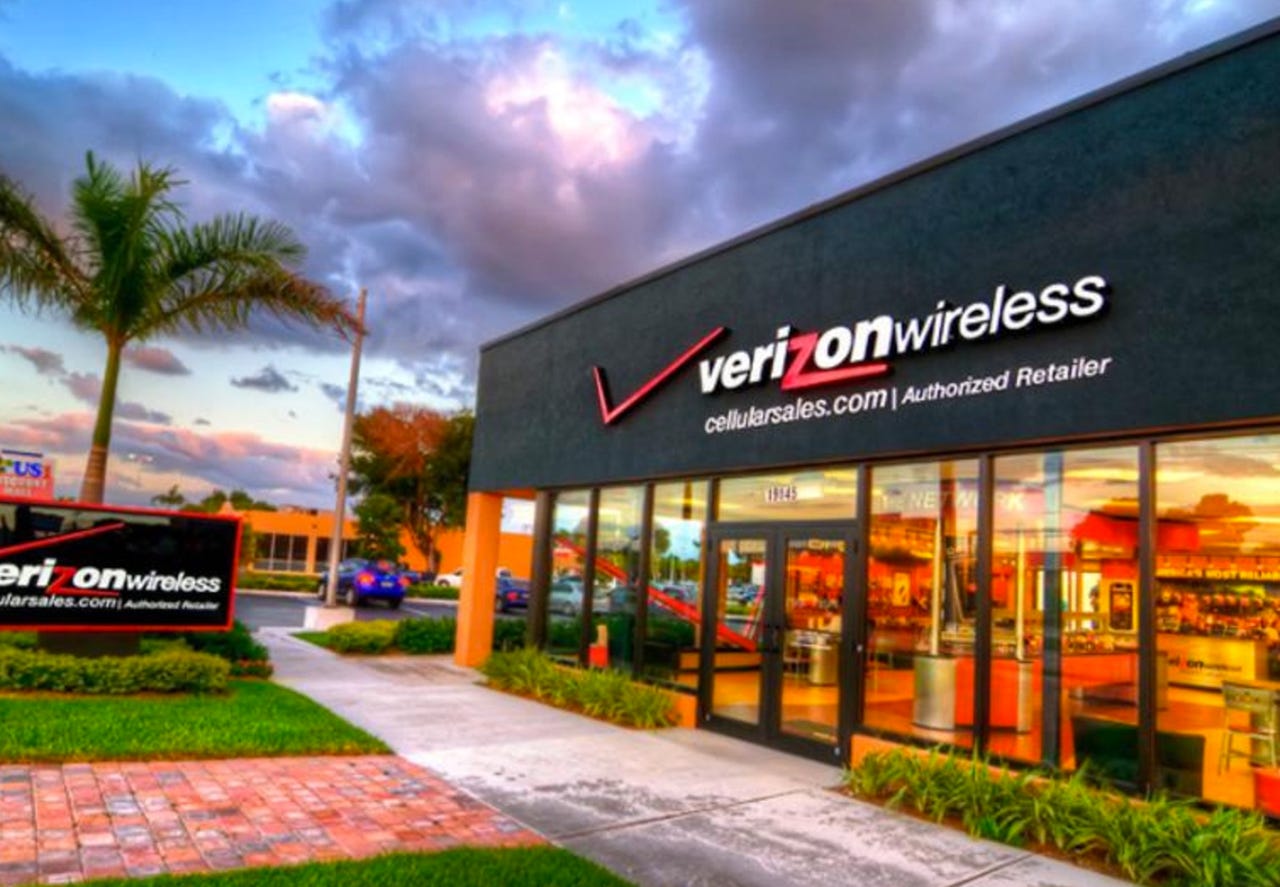New York City sues Verizon for failing to live up to fiber promises


Verizon is being taken to court after allegedly failing to provide adequate fiber services to New York City.
The telecoms giant apparently has failed to fulfill a contract signed back in 2008 to give city residents the option to sign up for fiber-optic FiOS service by 2014. Now it is 2017, according to New York City Mayor Bill de Blasio, the city is "done waiting."
"Verizon must face the consequences for breaking the trust of 8.5 million New Yorkers," de Blasio said in a statement. "Verizon promised that every household in the city would have access to its fiber-optic FiOS service by 2014."
"No corporation -- no matter how large or powerful -- can break a promise to New Yorkers and get away with it," the mayor added.
By failing to provide adequate fiber coverage, Verizon is not giving city residents options beyond standard cable services already firmly entrenched in NYC, which arguably could also be hampering competition between different broadband services.
This, in turn, could mean that subscribers are paying more as providers do not feel the need to price-compete or make Internet service packages more desirable.
Verizon says that FiOS services -- which offer up to 150/150 MB equal download and upload speeds -- have already reached 2.2 million households in the city. However, as noted by Ars Technica, this still leaves up to one million households without the option.
In the complaint (.PDF), filed on Monday in New York Supreme Court, the city claims that Verizon promised to give all households access to FiOS by "passing every residential building in the city."
"This build-out required Verizon to install fiber optic cable -- in underground conduit, along above-ground utility poles, or otherwise -- in front of (or behind) each residential building," the complaint reads. "In other words, as stated by a Verizon representative, it required Verizon to 'have fiber up and down each street and avenue in the entire city.'"
The complaint also alleges that Verizon was bound to provide video services to any resident who wanted it as the fiber network spread throughout the city. Verizon was meant to take customer requests seriously, and as the network installation expanded, make sure the infrastructure could support them.
However, according to the city, Verizon "defaulted" on these promises and it is estimated that at least tens of thousands of residents were not given "timely" access to these services. In some cases, Verizon didn't bother to even heed the requests.
"Verizon's breaches have undermined one of the central goals of making FiOS available to every resident in the City: to expand New Yorkers' options for receiving cable television service and thereby to create competition that would constrain prices and enhance quality," the complaint reads.
However, Verizon disputes these allegations. In a letter to the commissioner of the New York City Department of Information Technology and Telecommunications Anne Roest, the company says (.PDF) that the "unfeasible and counterproductive" demands do not, and never did, have any place in the original contract.
Craig Silliman, Verizon's executive vice president of public policy and general counsel who penned the letter, strikes back by claiming that by agreeing to "pass" each residential building, it was nonetheless understood that Verizon would generally be using the routes of pre-existing copper cabling -- rather than laying down completely new routes.
By doing so, Verizon's fiber cables would "pass" all households -- although as Mayor Bill de Blasio has found out, this doesn't mean everyone immediately gets access.
Verizon also argues that at a time when other companies are shying away from the investment and time necessary to create new fiber infrastructure, the company is "proud" of what it has achieved for New York City.
All in all, the broadband provider argues that NYC's demands are simply not practical.
"Digging up city streets and sidewalks on the scale that you are demanding would cause enormous and unnecessary disruptions to vehicle and pedestrian traffic, and would impose immeasurable inconvenience and hardship on countless residents and businesses," Silliman says. "It would hardly result in a more timely delivery of service to those residents whom we have not yet been able to reach."
Verizon also says that landlords preventing access, rejected proposals to use old telephone poles to expand services, and the city itself failing to help Verizon's building work have contributed to the delays.
"Mayor de Blasio should read our agreement with the city," a Verizon spokesperson told Ars Technica. "Then he could clearly conclude -- as others have before him -- that we have lived up to our obligation 100 percent. We'd appreciate his support in getting access to buildings where landlords resist allowing us to build fiber to people's homes."
NYC is seeking a judgment of breach of contract and an order to force Verizon to complete the work.